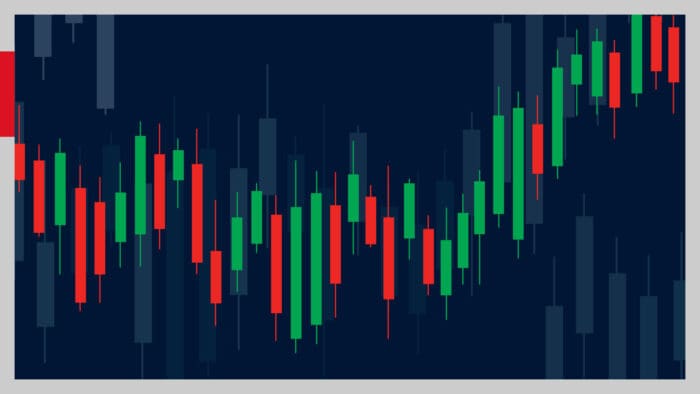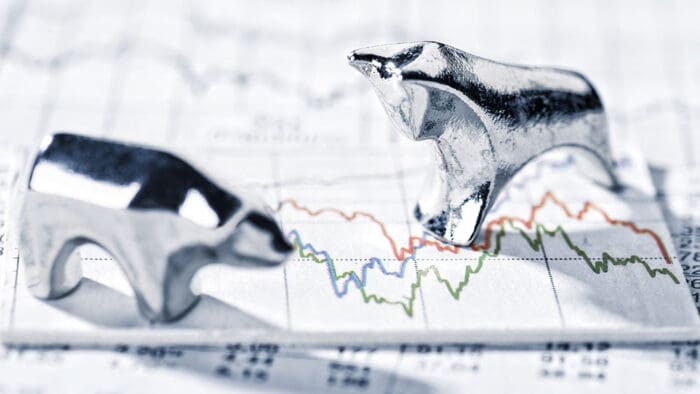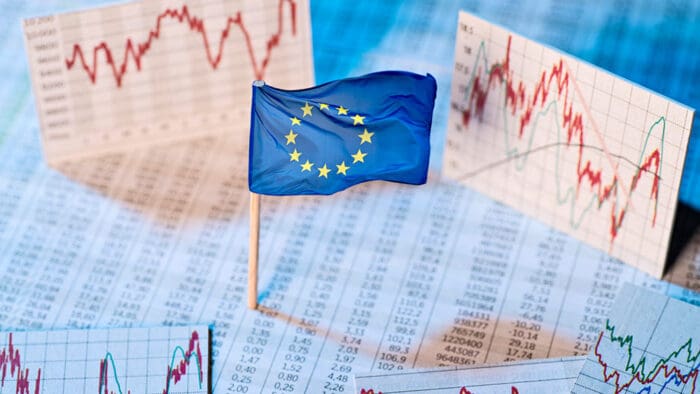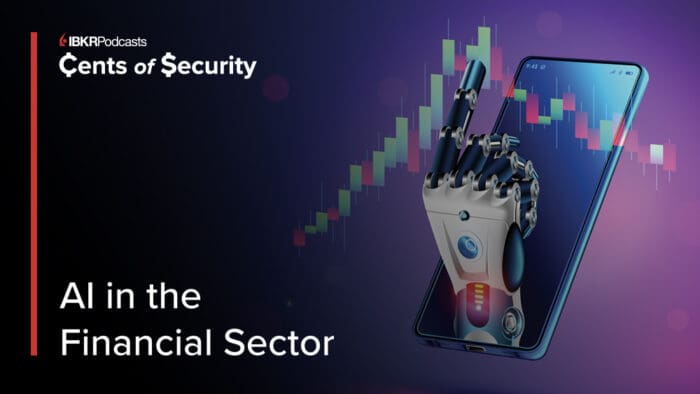Like many other market participants, I spent much of the weekend doing my best to keep up with the news flow about Credit Suisse (CS), and to a lesser extent, about Signature Bank (SBNY). For better or worse, I was also one of the folks commenting about the situation. The discussion I had with the journalist crystalized the point I made Friday regarding the difference between FOMO and actual fear. For better or worse, I believe that there is a generation gap in the way that investors view the risks and opportunities presented by a banking crisis, along with their approach to risk overall.
The reporters reached out to me for perspective about the similarities and differences between the current banking woes and the global financial crisis (GFC) of 2007-09. Some of the differences are straightforward, such as how the crisis at Silicon Valley Bank (SIVB) is more vanilla than most of those that cropped up during the GFC, when banks were crippled by overly aggressive mortgage lending and reliance upon credit default swaps. Some are more subtle. One is the fact that investors seem much more willing to dive back into risky assets at the slightest hint that the crisis may be easing.
It then occurred to me that my comments were being solicited largely because of my experience during the prior crisis. Or in other words, my age. And that some of the difference in market reaction was likely related to different generational experiences.
Older investors have two issues that younger ones don’t. First, they’ve seen this movie before, and recognize that financial crises don’t necessarily get fully cured in two weeks. I compare banking crises to roaches: if you see one, there are likely many more hiding just out of sight. Those who invested during the GFC remember that there were various times when the crisis appeared to abate, only to reappear later. Second, older investors are generally more risk averse by nature. More than one of my friends commented that they were concerned about their retirement savings. That makes them less willing to jump back into riskier assets at nascent signs of an improving situation.
Investors under 40 or so have had no experience with a period of sustained monetary contraction. The last was prior to the GFC, over 15 years ago. The crisis forced what was then an unprecedented fiscal and monetary accommodation. They eventually combined to stem the crisis and lead to a powerful multiyear bull market. That era was able to persist largely uninterrupted until last year, apart from a few brief, turbulent attempts to raise rates. Those attempts were quickly reversed at the slightest hints of pervasive trouble. Even more recently, responses to the pandemic dwarfed the machinations of the GFC response. The message was that the Fed and other central banks would come riding to the market’s rescue, making every dip a buying opportunity.
It is said that if you’re a hammer, everything looks like a nail. After 15 years of a very predictable response to economic problems, we can’t blame anyone whose only experience tells them to respond in a consistent manner. That may go a long way to explaining not only the enormous inflows into equity ETFs last week, but also the outperformance of large-cap tech and even bitcoin. Those were the first and best performers as we emerged from covid, so why wouldn’t a large group of investors to expect something similar this time around?
Unfortunately, there is a critical difference between now and the past 15 years. We have inflation. Lots of it. When inflation was low and well-contained, the Fed and other banks could quickly reverse their baby steps toward reinstating more historically normal levels of real interest rates. Their desire to raise rates was more about keeping some dry powder available for the next crisis rather than a real need to tighten conditions. Now the Fed is caught. They want to be able to respond to banking crises, whether they are better telegraphed, like CS, or generic like SIVB, but must be concerned about keeping inflation under control. The types of responses that they utilized in prior crises risk stoking inflationary expectations even further. Central bankers must tread more carefully.
This leads us to an even larger generation gap. No one under 75 or so was actively investing during the last inflation crisis in the US. Most of those who successfully did so have retired. The investment community overall is incredibly deficient in experience of how to react to rising inflation. We do our best to follow history’s lessons, but at some level, we’re all grasping around for the best path forward. For better or worse, the paths we choose may be as much about age and experience as unbiased analysis.
Disclosure: Interactive Brokers
The analysis in this material is provided for information only and is not and should not be construed as an offer to sell or the solicitation of an offer to buy any security. To the extent that this material discusses general market activity, industry or sector trends or other broad-based economic or political conditions, it should not be construed as research or investment advice. To the extent that it includes references to specific securities, commodities, currencies, or other instruments, those references do not constitute a recommendation by IBKR to buy, sell or hold such investments. This material does not and is not intended to take into account the particular financial conditions, investment objectives or requirements of individual customers. Before acting on this material, you should consider whether it is suitable for your particular circumstances and, as necessary, seek professional advice.
The views and opinions expressed herein are those of the author and do not necessarily reflect the views of Interactive Brokers, its affiliates, or its employees.
Disclosure: ETFs
Any discussion or mention of an ETF is not to be construed as recommendation, promotion or solicitation. All investors should review and consider associated investment risks, charges and expenses of the investment company or fund prior to investing. Before acting on this material, you should consider whether it is suitable for your particular circumstances and, as necessary, seek professional advice.
Disclosure: Bitcoin Futures
TRADING IN BITCOIN FUTURES IS ESPECIALLY RISKY AND IS ONLY FOR CLIENTS WITH A HIGH RISK TOLERANCE AND THE FINANCIAL ABILITY TO SUSTAIN LOSSES. More information about the risk of trading Bitcoin products can be found on the IBKR website. If you're new to bitcoin, or futures in general, see Introduction to Bitcoin Futures.


















Join The Conversation
If you have a general question, it may already be covered in our FAQs. If you have an account-specific question or concern, please reach out to Client Services.